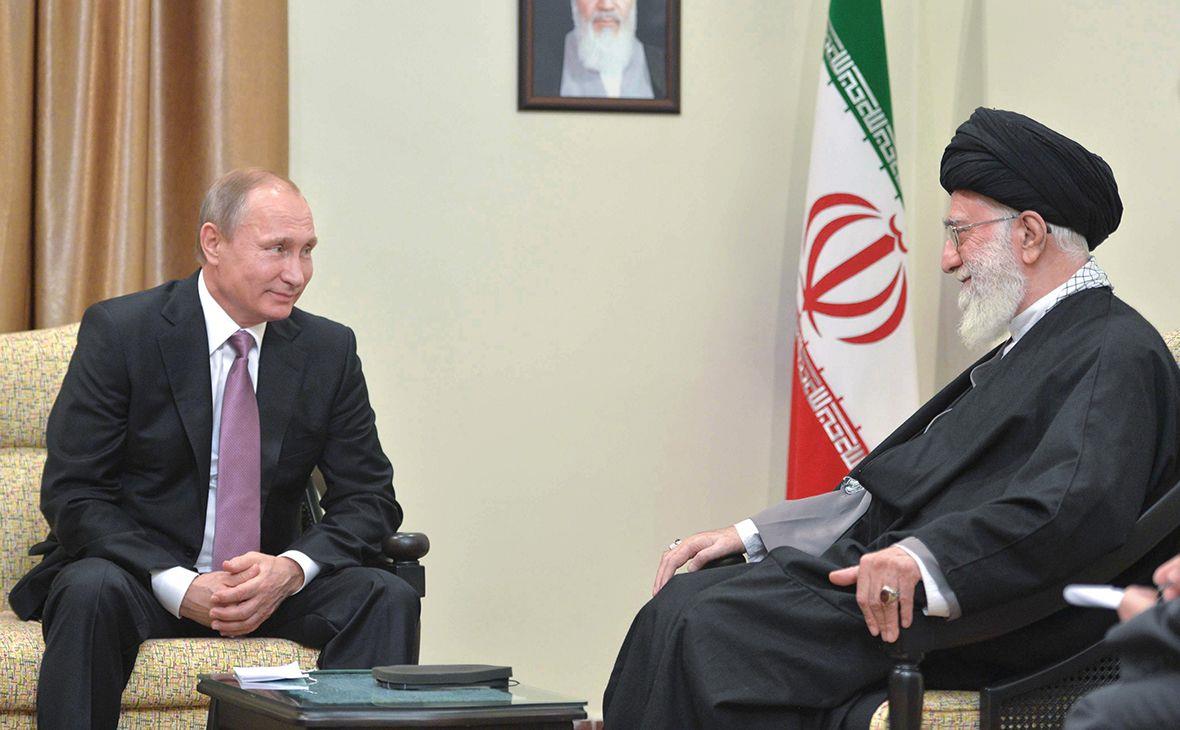(MENAFN- AzerNews)

Orkhan Amashov read more Any attempt to engage in the re-enactment of the conditions of a
bygone age is inherently misbegotten. What is deeply-entrenched at
present cannot be eradicated at a whim or indeed by a series of
protracted strenuous machinations. There is no doubt that those
pulling the strings in Tehran are perfectly conscious of this, yet
they also seem to be of the view that no-one should begrudge them
the right to be sanctimonious in relation to their secular northern
neighbour – Azerbaijan – with whose independence the Ayatollah
clique and its odious operatives have never truly to come to
terms.
Sporadic Iranian threats to 'reopen' the 1828 Turkmenchay Treaty
it signed with the Tsarist Russian Empire and interpret it in such
a way that could enable Tehran to have territorial claims on modern
independent Azerbaijan firmly belong to the realm of
phantasmagoria. The assertion is legally baseless and
geopolitically inconceivable, yet its nature deserves close
inspection in the light of its perceived significance in the
Islamic Republic's mode of perpetuating its influence and moral
authority vis-a-vis neighbouring Azerbaijan.
At the point of signing the Treaty, Iran irrevocably ceded the
South Caucasus to Russia as a result of an ignominious defeat in
the Second Russo-Persian War (1826-28). There was no provision in
the treaty that hinted at the possibility of the resumption of
Iranian control over the lost territory once the Tsarist Empire, or
its successor, ceased to be in charge of this region.
Close examination demonstrates that the treaty had no particular
time limitation proscribed and contains a mention of being
eternally in force, which, in the eyes of modern international law,
means“indefinitely”, in other words, until a new legal-political
reality becomes a definitive element bearing upon the signatories.
Treaties are considered terminated if the parties conclude a
successive treaty relating to the same subject, and, to this
effect, the 1921 Russo-Persian Treaty of Friendship cancelled all
the previous agreements between the concerned sides.
In addition, in accordance with the principle of primacy in
international law, since Iran recognised Azerbaijan's regained
independence and sovereignty in 1991, any reference to a precursive
legal text, including the long-buried Turkmenchay Treaty, as an
effective instrument, is nonsensical and undeniably beleaguered.
This is perfectly understood in Iran. Nevertheless, for Tehran, the
debate over the revision of the Turkmenchay Treaty is a question of
a historic-civilisational claim over the sovereign territories of
Azerbaijan. In Iran's world, its northern neighbour is a lost realm
whose independence can only be formalistic.
The Ayatollah clique sees, in the linchpins of Azerbaijan's
modern identity, a direct threat to its own interests and by
downplaying its right to be a self-sufficient entity, Tehran
thereby augments its own national integrity. There is an
inextricable link between Iran's internal Azerbaijani ethnic
question and the nature of its relations with Baku. It is no
surprise that the theocratic regime has consistently attributed a
self-serving interpretation for nearly all the critical stages in
the development of the Azerbaijani nation, awakening an artificial
flair of Iranian substance.
One seemingly innocuous example is the way Tehran tried to
pervert the meaning of the context that gave rise to the
International Solidarity Day of Azerbaijanis. On 31 December 1989,
on the USSR-Iran border, the local residents of the then-Soviet
Azerbaijan dismantled fences to reunite with their co-ethnics
residing on the other side. This was a moment of gargantuan
symbolism, exemplifying the desire for a united Azerbaijan.
Naturally, the clerics in Iran interpreted this differently, as
constituting the yearning of forcibly atheistic Soviet Azerbaijan
to be incorporated into the Islamic Republic, which was a complete
perversion of the meaning of the occasion.
There have been two separate milestones that induced a security
conundrum for Iran vis-à-vis Azerbaijan. Since the Azerbaijan
Democratic Republic created in 1918 was short-lived and Tehran did
not recognise its sovereign existence, it was in 1991, when
Azerbaijan regained its independence, that Iran truly faced the
unavoidable task of establishing full diplomatic ties with Baku.
The policy of the time was to engage in supercilious ingratiation,
coupled with the strategic undermining of Azerbaijan's
interests.
The geopolitical consequences of the Second Karabakh War in 2020
presented Tehran with a qualitatively new challenge. Since
Azerbaijan freed itself from the burdens of the three-decade-long
Armenian occupation, and became increasingly more attractive to
Iran's Turkic population, demonstrating its capability of pursuing
its interests with a great deal of aplomb, Tehran began to develop
a misapprehension of its very existence and discern a significant
danger that should be counteracted.
Such an Iranian outlook and Azerbaijan's indefatigable quest for
a greater regional role seem to suggest, amongst other less
dichotomous scenarios, one daunting probability. In historic terms,
Iran and Azerbaijan, as two separate self-standing concepts, are
mutually exclusive, unless the former is either substantially
reconfigured, devolved or deprived of its Turkic component. And it
is in this chasm that the genus of Iran's cantankerous posturing
over the Zangazur Corridor project can partly be found. The threat
to reopen the Turkmenchay Treaty is idle per se and beyond the
realm of realpolitik. Yet, in Iran's self-deluded perception, it
has the power of equipping it with the grounds for portentous
moralising over how that very dichotomy should be resolved.
---




















Comments
No comment